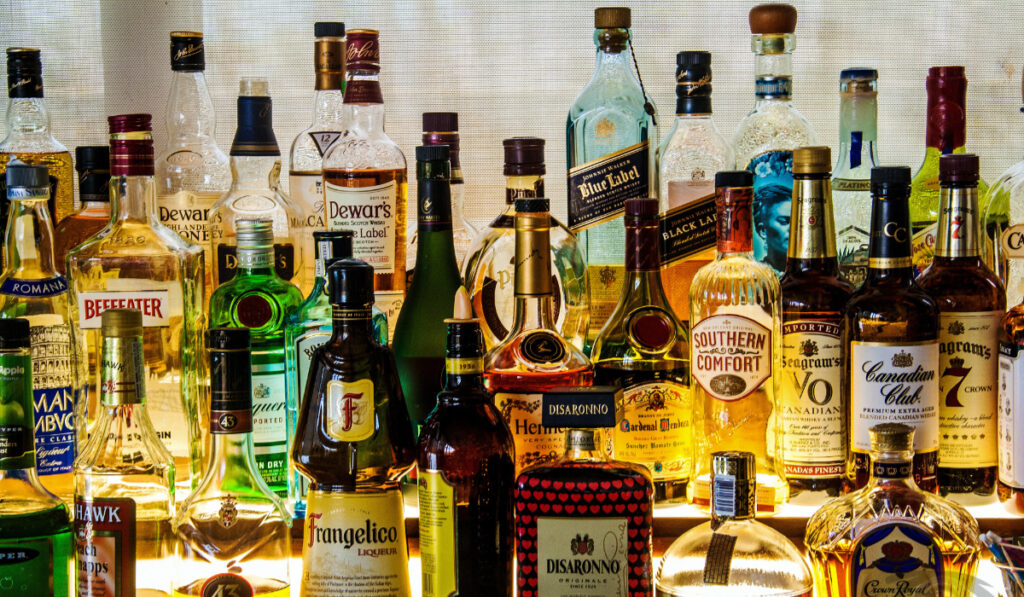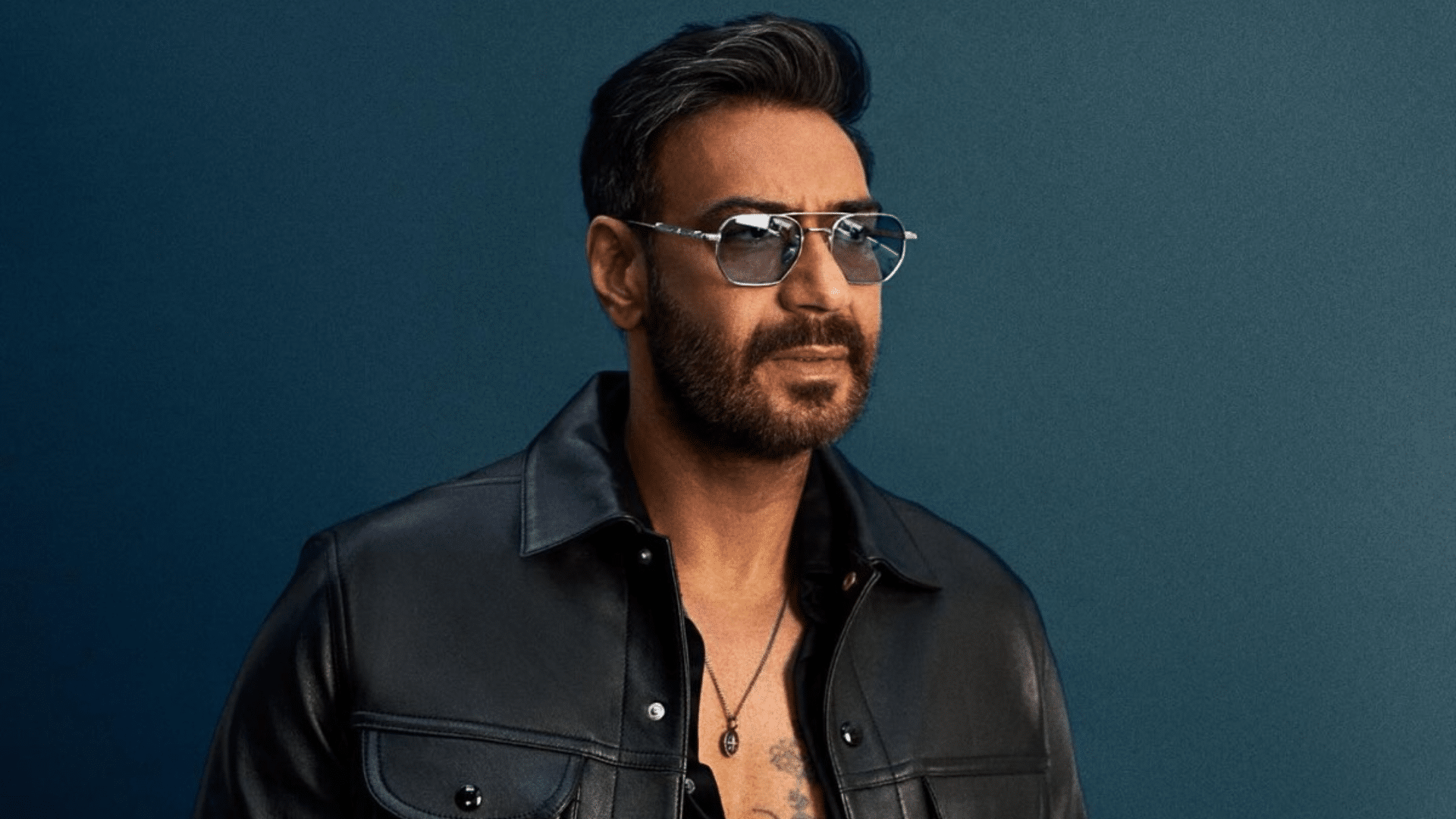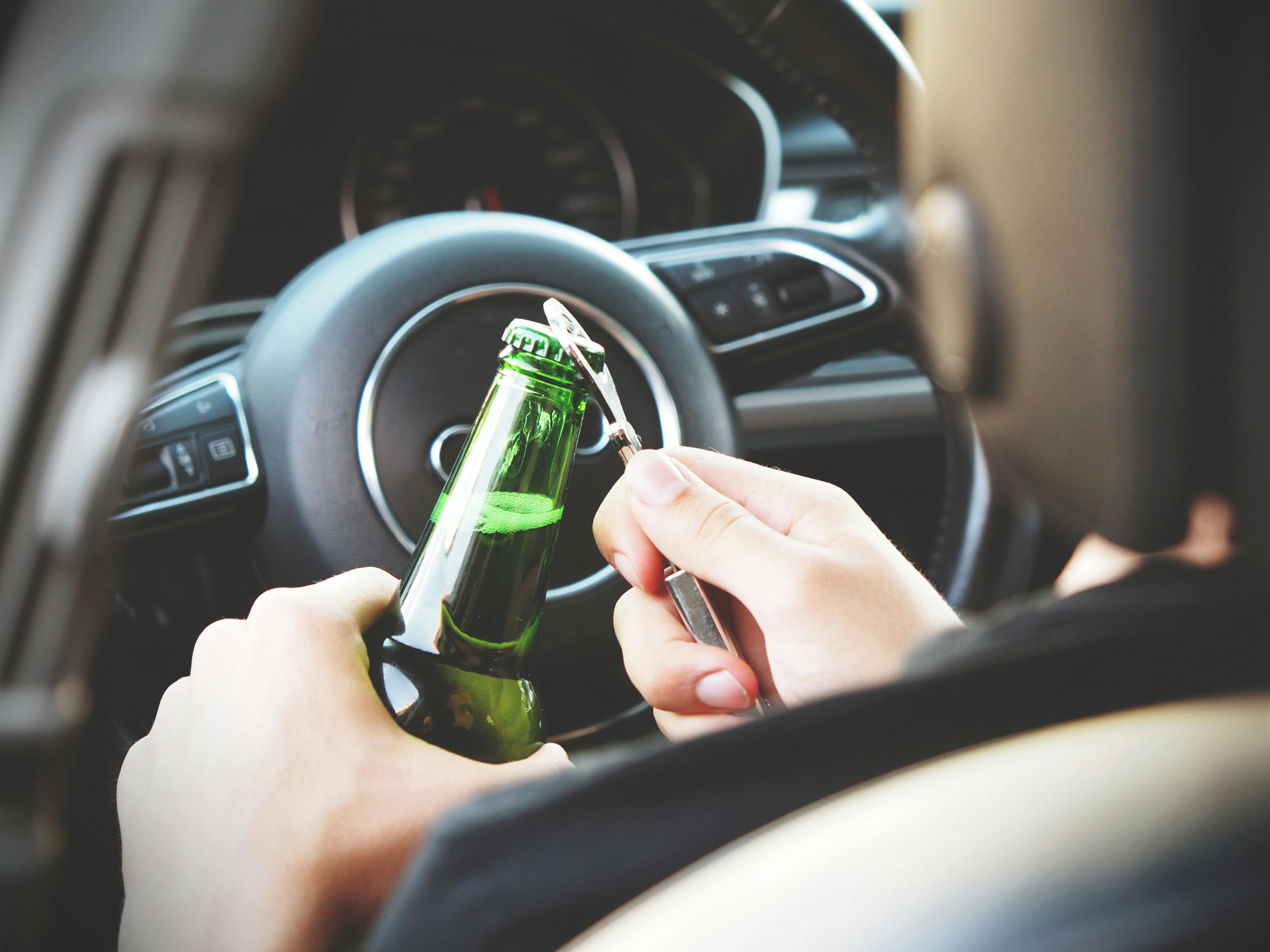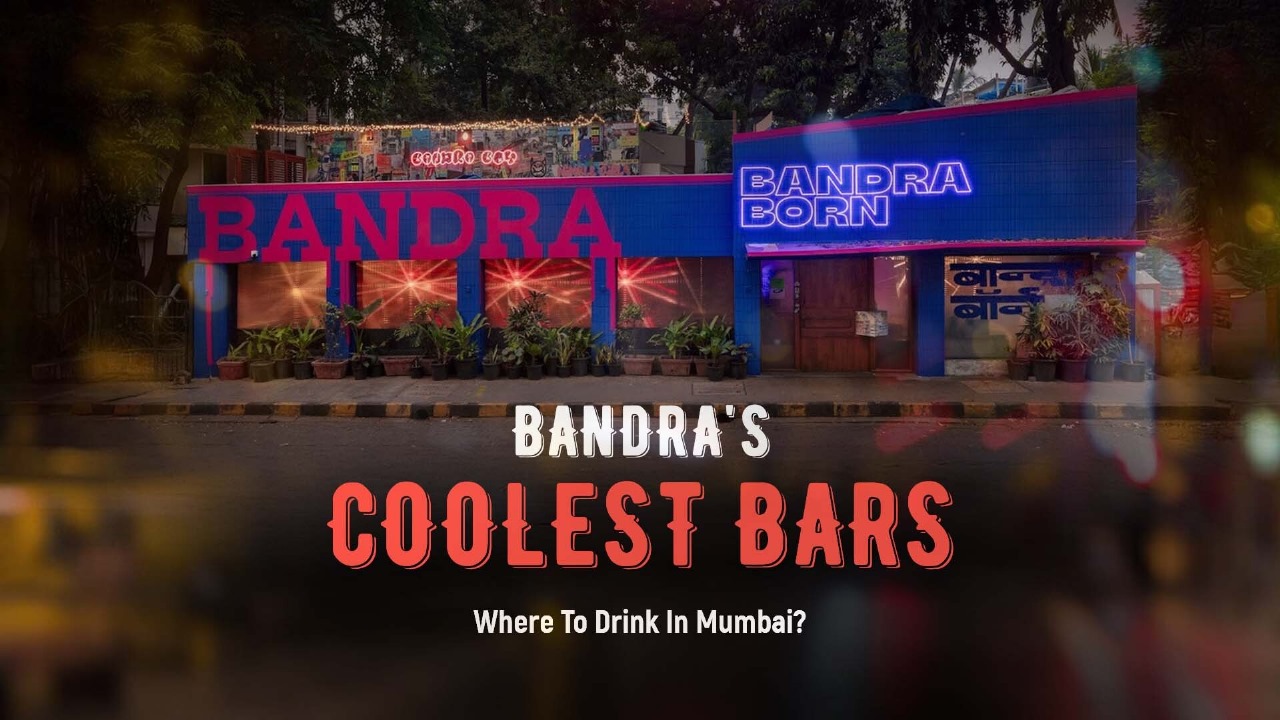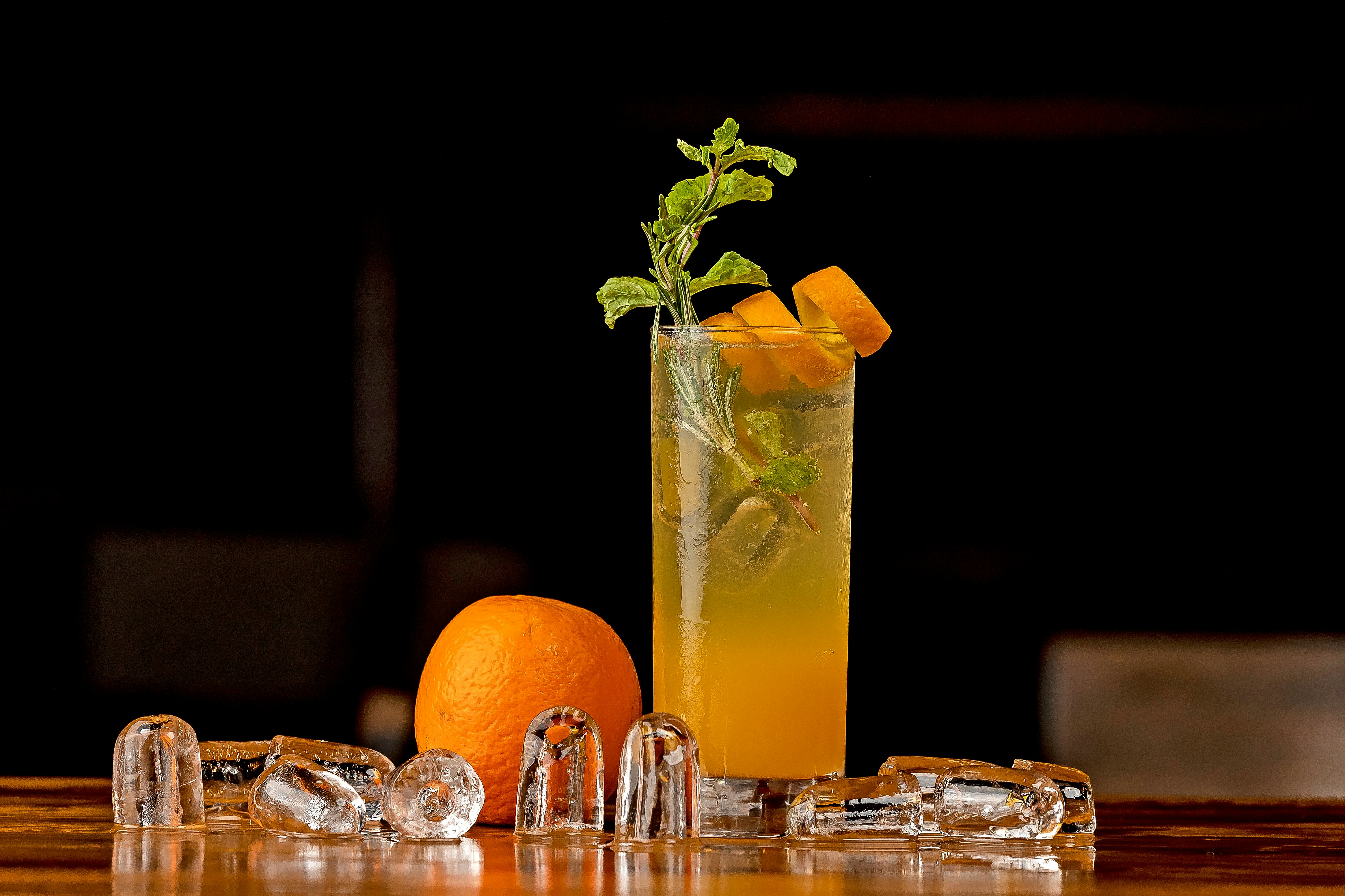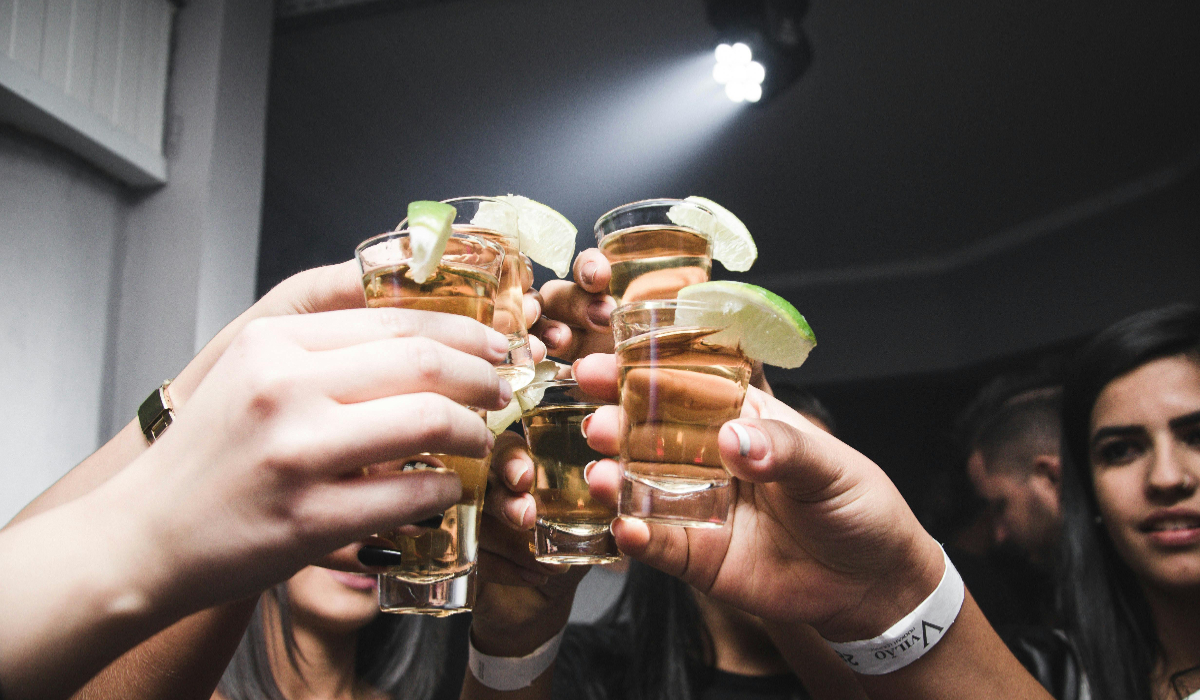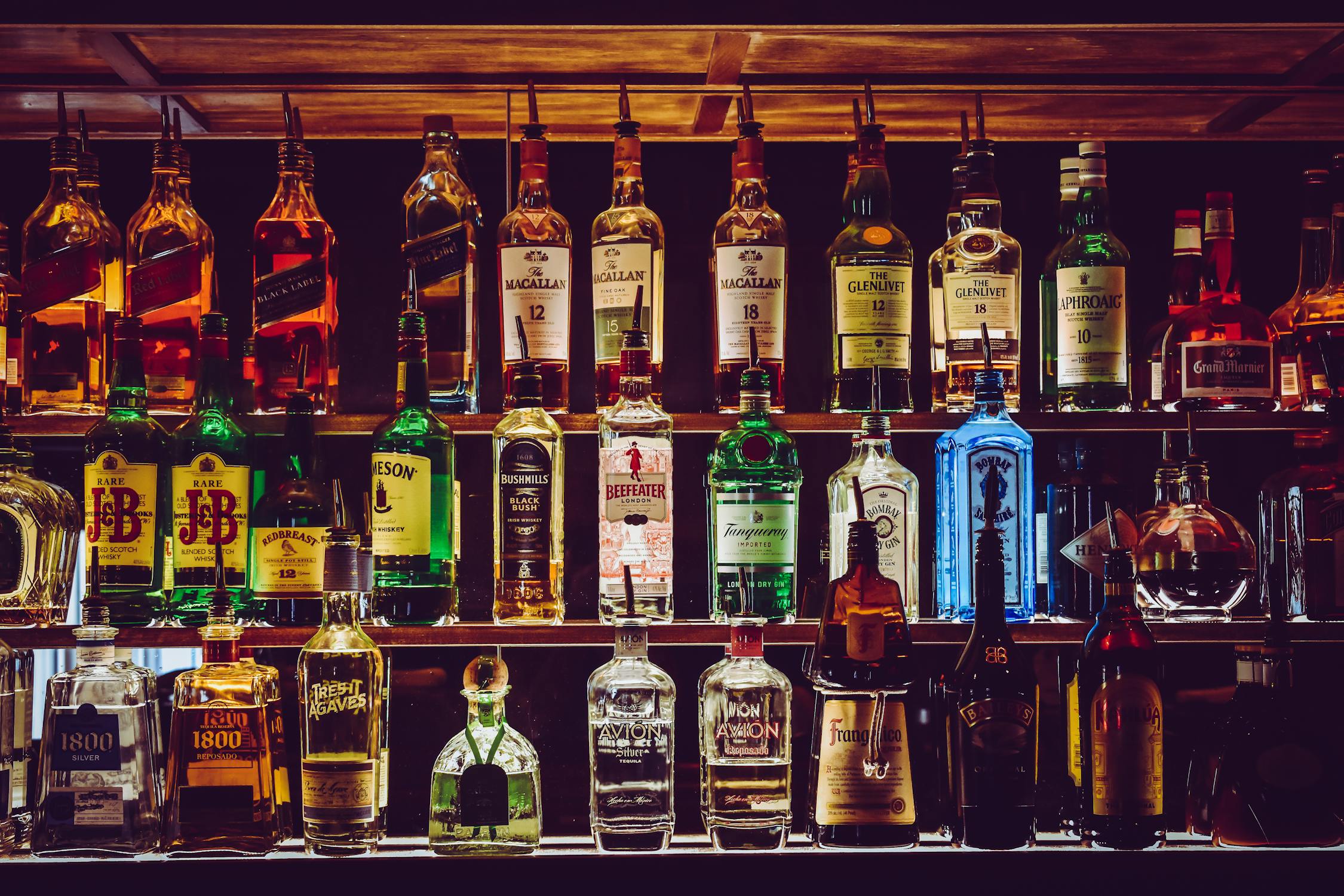The Delhi government is set to retain the legal drinking age at 25 in its upcoming excise policy, ending speculation about a possible reduction. Senior officials have confirmed that the move aims to balance public safety with regulatory efficiency. As part of the policy overhaul, authorities are also reviewing best practices from six other states (Uttar Pradesh, Maharashtra, Haryana, Rajasthan, West Bengal, and Karnataka), with the goal of crafting a modern yet cautious framework that boosts revenue and curbs illegal alcohol sales.
Delhi’s Drinking Age to Remain at 25
Despite previous proposals to reduce the drinking age to 21, the Delhi government has decided to maintain the current legal age of 25. Officials say this aligns with a larger goal of implementing a “non-adventurous” policy that prioritizes public interest and responsible alcohol consumption. Delhi continues to have one of the highest legal drinking ages among major Indian cities.
Focus on Policy Stability and Public Health
The new policy aims to ensure quality liquor access while curbing illicit sales. Officials noted that maintaining the age limit, along with continuing the ban on home delivery of alcohol, is part of a strategy to promote safe and regulated consumption. Additionally, the government seeks to improve the ease of doing business and increase excise revenue by closing regulatory loopholes.
Review of Excise Policies in Other States
The Delhi excise department is studying policies in Uttar Pradesh, Maharashtra, Haryana, Rajasthan, West Bengal, and Karnataka. These states are being assessed for their efficient models in revenue generation, market regulation, and enforcement. Officials have held internal consultations and may conduct field visits to gather insights on policy implementation in major metropolitan areas such as Mumbai, Bengaluru, and Kolkata.
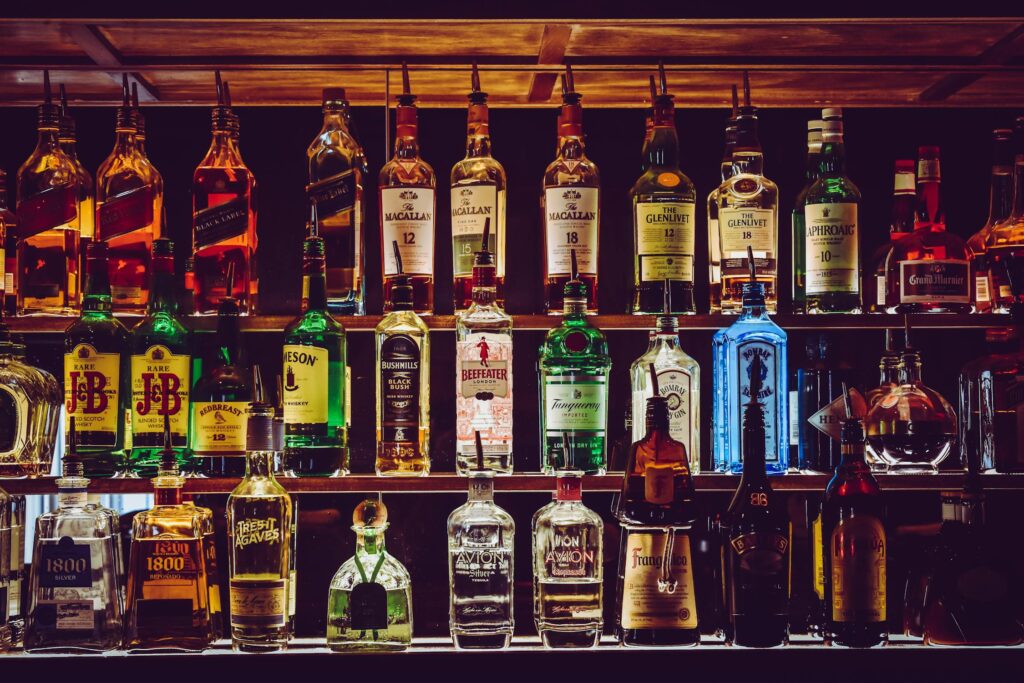
Past Excise Policy Controversies
Delhi’s last major policy reform in 2021 aimed to modernize liquor retail and privatize operations. However, it was rolled back in 2022 following corruption allegations that led to the arrest of several leaders from the Aam Aadmi Party, including then-Chief Minister Arvind Kejriwal. Since then, a temporary excise policy has been in place, allowing only government-run corporations to operate around 700 liquor outlets across the city.
Current Retail Model and Industry Criticism
Delhi’s liquor retail is managed by four government bodies: DSIIDC, DTTDC, DCCWS, and DSCSC. Industry voices, including Vinod Giri of the Brewers Association of India, have criticized the current setup as outdated and inefficient. Giri pointed out that the high drinking age and limited retail network hinder growth and drive consumers to neighbouring cities like Gurugram and Noida, where the legal drinking age is 21.
Revenue Growth and Future Outlook
Liquor revenue in Delhi has grown from ₹6,762 crore in 2021-22 to ₹7,766 crore in 2024-25. For the 2025-26 fiscal year, the government has projected earnings of ₹7,000 crore. The newly elected BJP-led administration under Chief Minister Rekha Gupta has confirmed that a fresh excise framework is in development, alongside policies for industrial growth and warehousing.
Summing Up
Delhi’s decision to retain the 25-year drinking age signals a conservative approach to liquor regulation, prioritizing safety, public health, and policy stability. As the government continues to refine its excise policy by learning from other states, stakeholders await further clarity on how it plans to modernize operations and address industry concerns while maintaining regulatory control.
